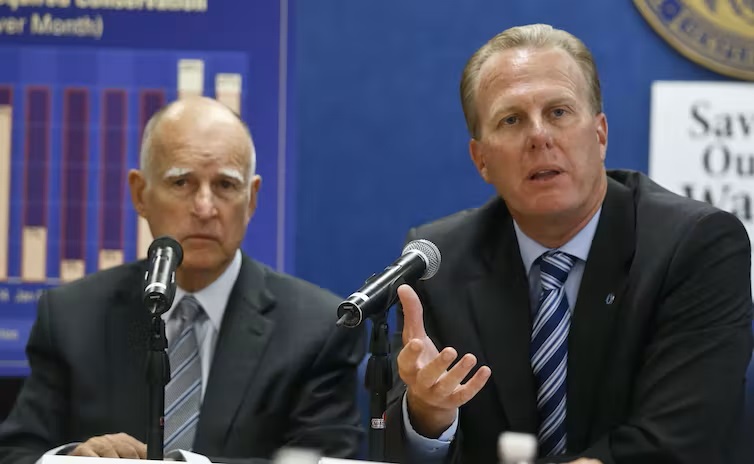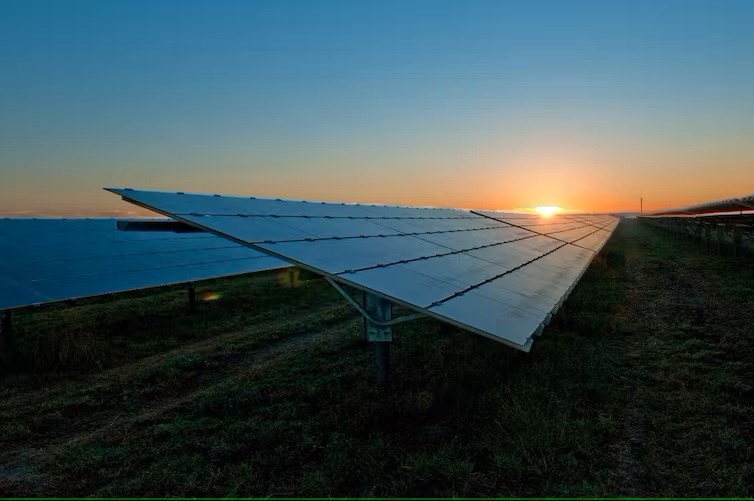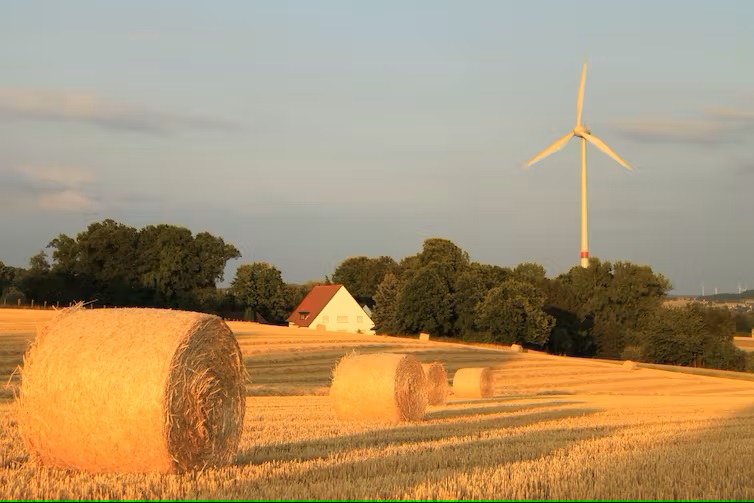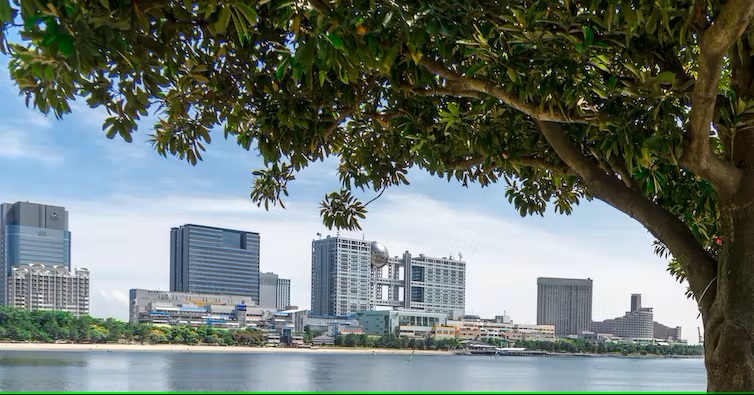Ozone pollution in US national parks is nearly the same as in large cities
David Keiser, Iowa State University; Gabriel E. Lade, Iowa State University, and Ivan Rudik, Cornell University “Another glorious day, the air as delicious to the lungs as nectar to the tongue” – John Muir, My First Summer in the Sierra (1911) Most Americans associate U.S. national parks with pristine environments that represent the very best […]
Ozone pollution in US national parks is nearly the same as in large cities Read More »









